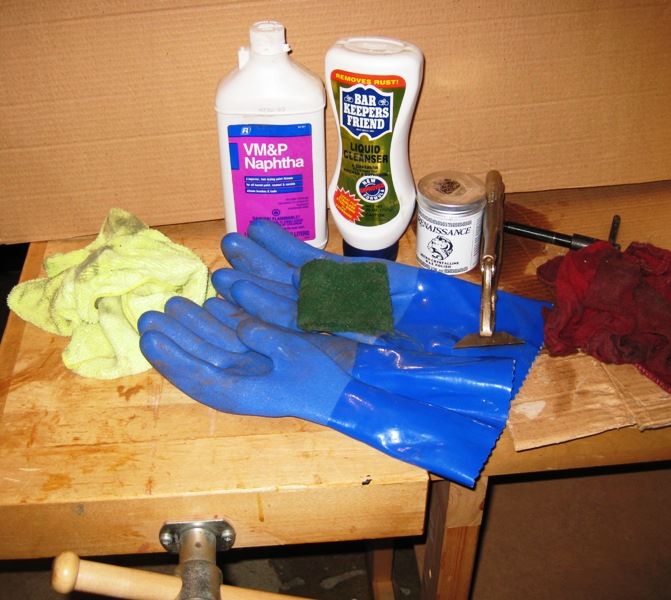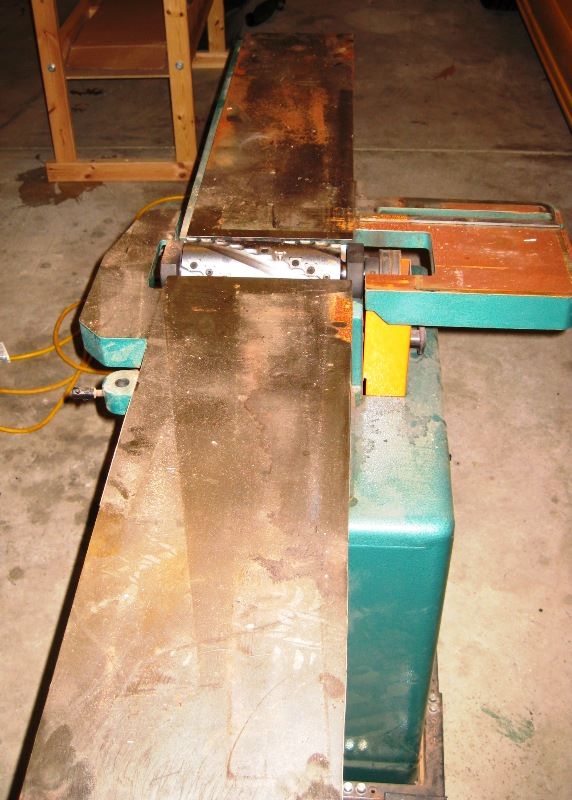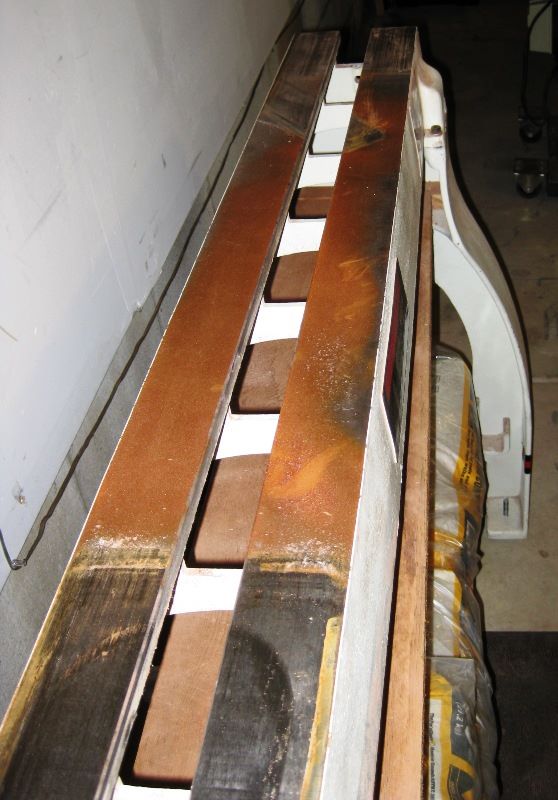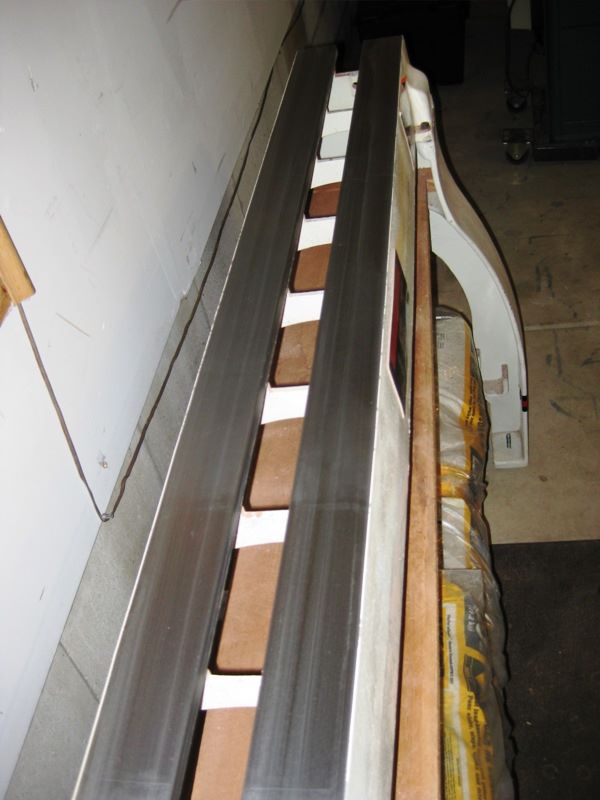Hey folks,
Well, after more then 2.5 years I finally got my tools out of long term storage in Alaska. All the effort in protecting from the salty island air in SE Alaska wasn't successful. I will now have a much smaller shop, not setting up the majority of things including my Woodsucker DC (love that thing) as I am renting.
To the point whats your favorite ways to remove rust. I am always interested if there is a faster more efficient way of accomplishing a task. So let the verbage fly folks.
Here are a few pics of the carnage.









 Reply With Quote
Reply With Quote











